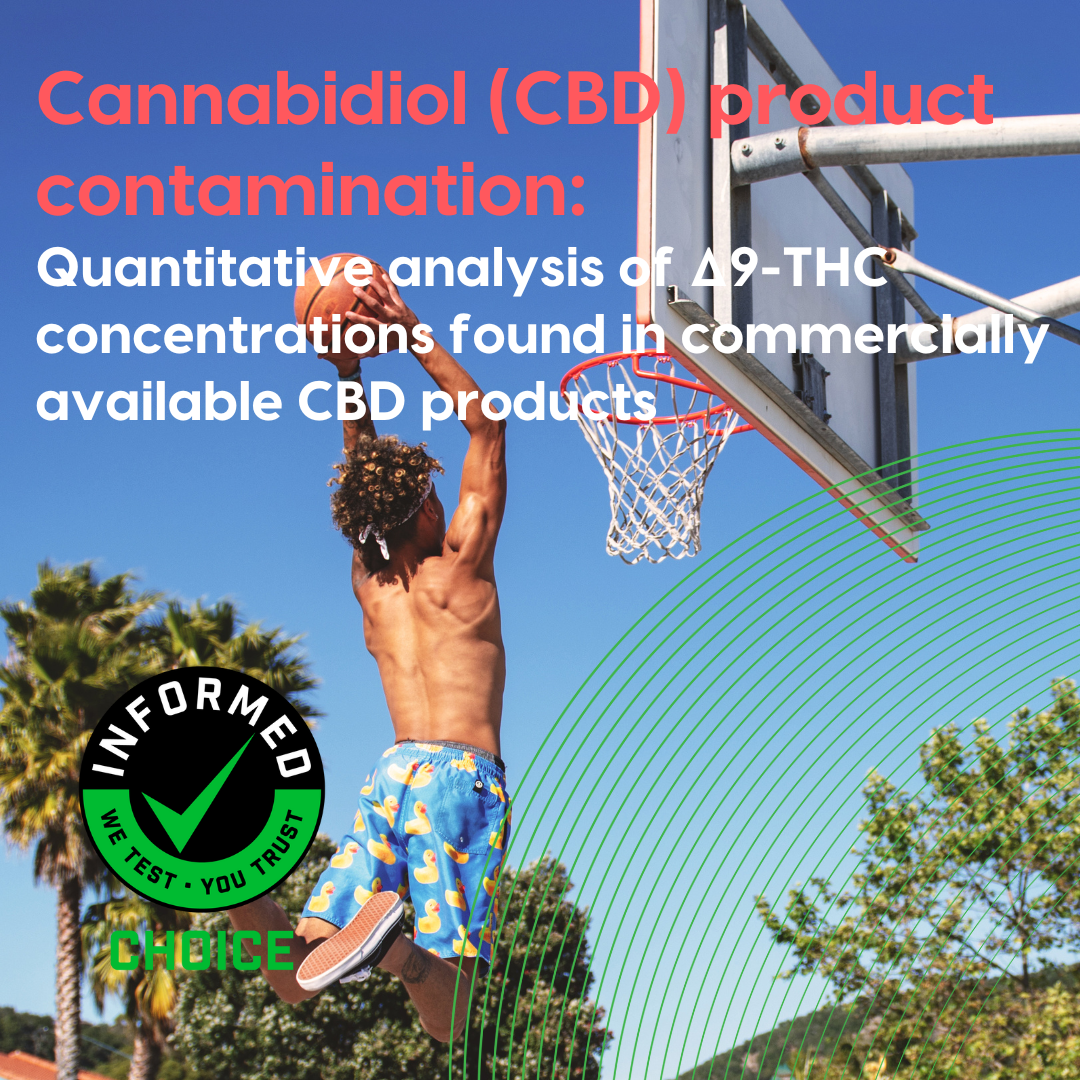Cannabidiol (CBD) product contamination: Quantitative analysis of Δ9-THC concentrations found in commercially available CBD products

Regulation has not kept pace with the growth of the hemp-derived CBD market. We have evaluated the risk of Δ9 -tetrahydrocannabinol (Δ9 -THC) contamination in 80 unregulated products. Local and national brands of hemp-derived oil products were purchased online and from local retailers in central Kentucky (which carry both national and local brands). These were extracted by solvent extraction and quantified by liquid-chromatography tandem mass spectrometry (LC-MS/MS) using a validated method.
Of the 80 unregulated products and Epidiolex®, Δ9 -THC was detected above the limit of quantification (LOQ = 0.005 mg/mL) of the assay in 52 samples, ranging from 0.008 mg/mL to 2.071 mg/mL. Twenty-one of the products tested were labeled as “THC-Free”, and 5 of these products contained detectable levels of Δ9 -THC ranging from 0.015 mg/mL to 0.656 mg/mL.
The results showcase the need for accurate testing of CBD/hemp products for their Δ9 -THC content. This accidental use of Δ9 -THC could have adverse effects on health and safety as well as potential legal consequences and impacts on employment, military, and sport eligibility status.






